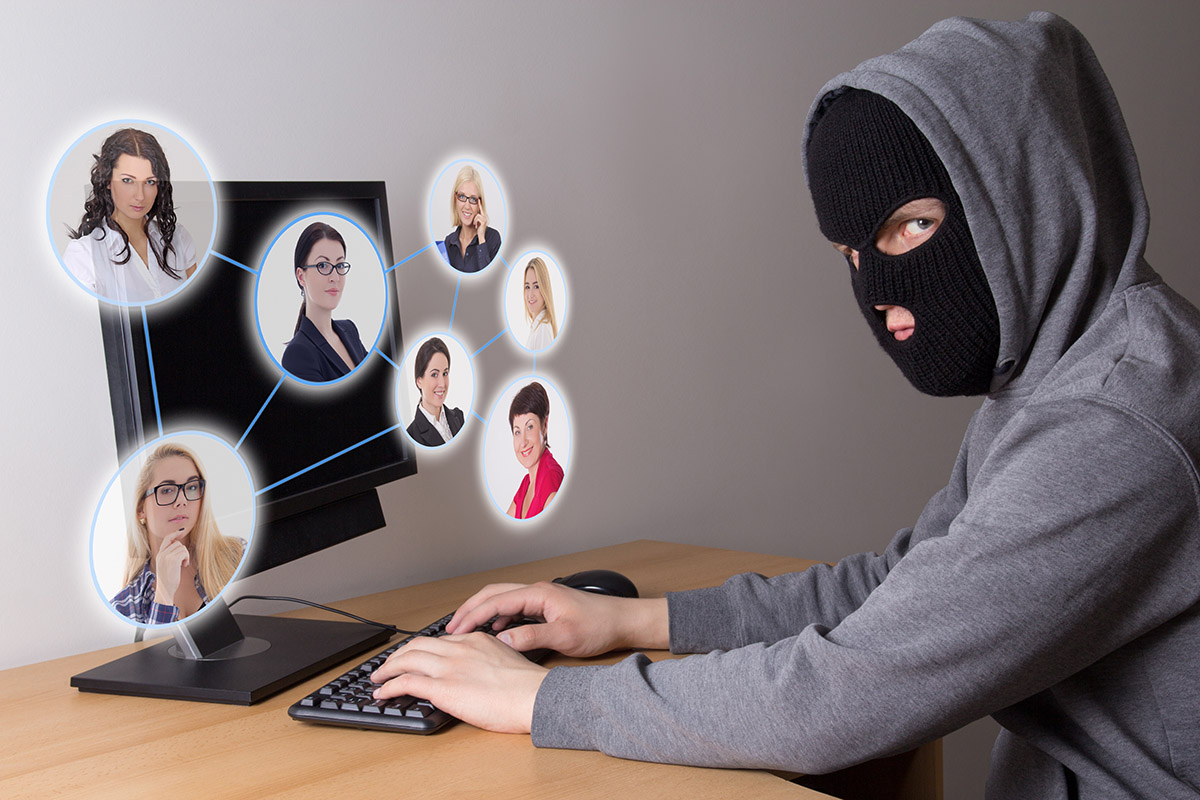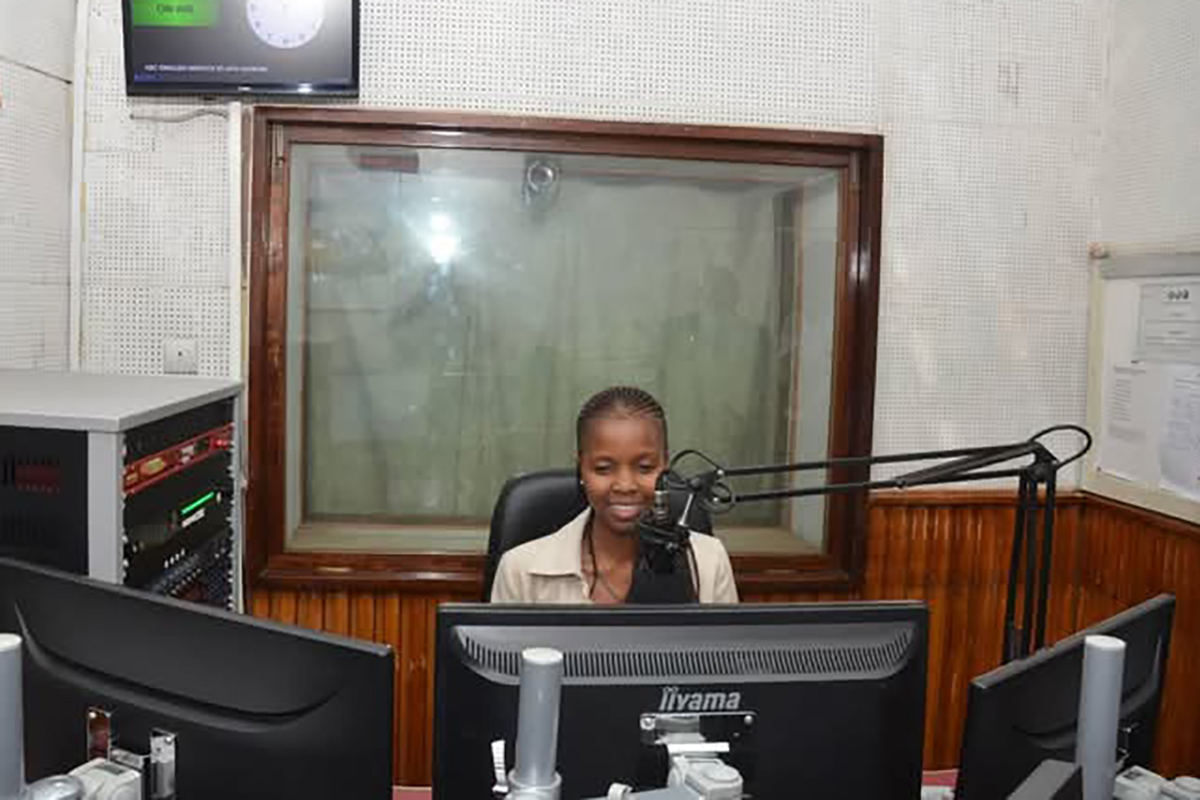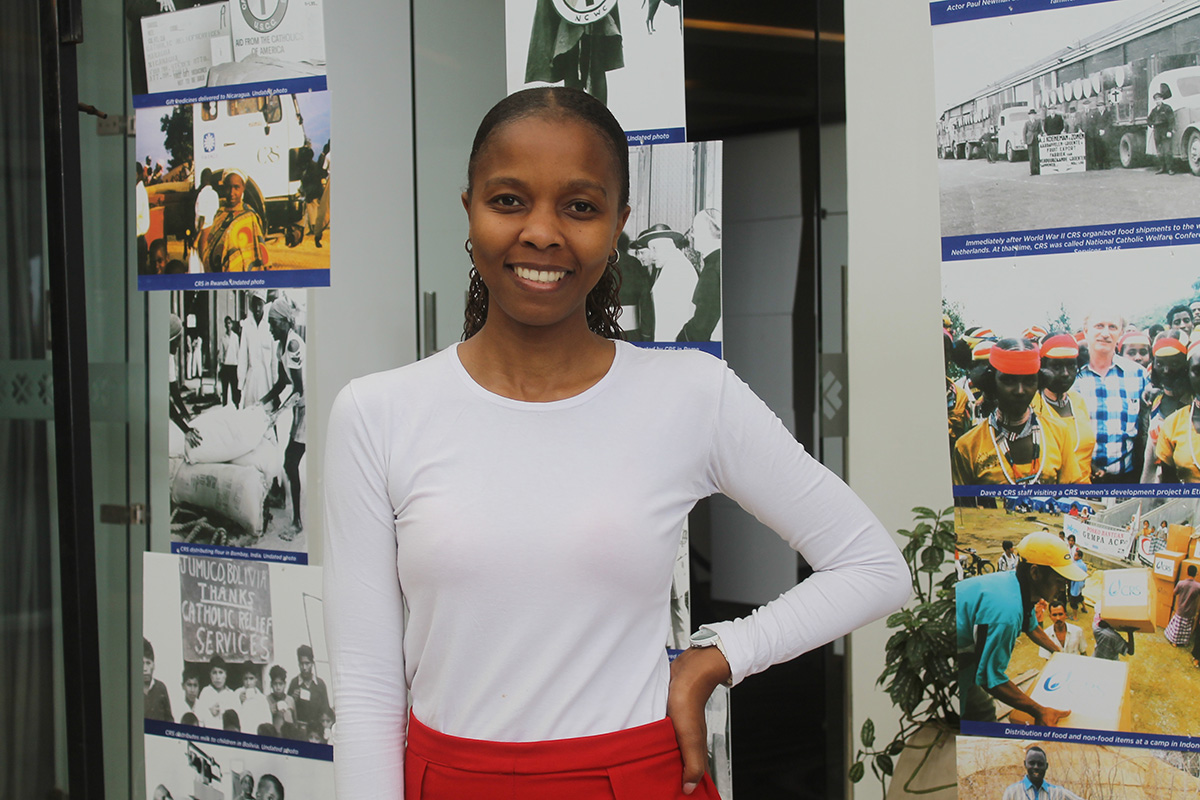Staying safe online while trying to go viral
February 29by Tshwanelo Fokazi
Facebook was founded in 2004, but it became popular in 2008 when it started to overtake Myspace as the most visited social media website.
As Facebook gained fame on the Internet, Myspace faded into insignificance.
The reason Myspace failed, while Facebook succeeded is that Myspace and other forms of social network (chat rooms at that time) allowed users to use a nickname instead of their real name, while Facebook enabled users to use their real name, which was innovative and introduced authenticity, transparency and the chance to build real relationships.
However, not all Facebook users were truthful about their full names, work and education; current city, hometown, relationship status and birthday. Some saw this information, which was given freely, as a tool for criminal activity.
The emergence of platforms such as Facebook (2004), YouTube (2005), Twitter (2006), Instagram (2010) and Snapchat (2011) has coincided with the sharp increase in the number of kidnappings where criminals use social media to attract victims and kidnap them.
Twitter and Instagram came out when I was in high-school and gender-based violence was already a big problem in South Africa. So, the department of education and the media had tried to protect us as children by teaching us how to be safe online.
But when I go online, I often see high-school learners sharing videos of themselves dancing online in their school uniform which can be very risky as criminals can easily track them down. Parents also post too much information about their toddlers online and adults always check-in to places so that everyone knows where they are.
We seem to have neglected the risks of too much exposure.
Social media is a great way to connect with friends, family, and people who share your interests. You can express yourself, learn new things, and have fun. However, social media also comes with some risks and challenges, such as cyberbullying, privacy breaches, and identity theft.
Therefore, I’d like to remind you of three ways to enjoy social media while remaining safe:
- Learn to report people who harass you to the platform, block creepy people and also filter your content as a means of controlling which users see your content. This will help you avoid unwanted interactions and protect your reputation.
- Adjust your privacy settings to the level of your comfort, and limit who can view your private information. This will help you prevent strangers from accessing your personal data and potentially misusing it.
- Don’t get too comfortable on social media – think before you post! Before posting, ask yourself if you are comfortable with creepy strangers online seeing your personal information on the same level that your friends do.






